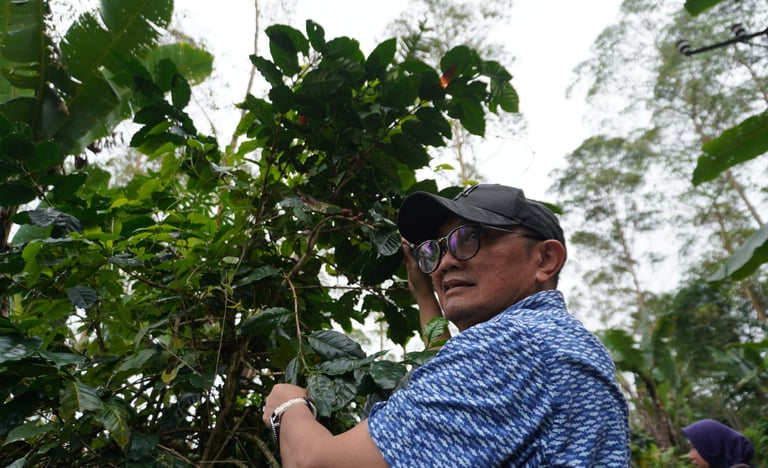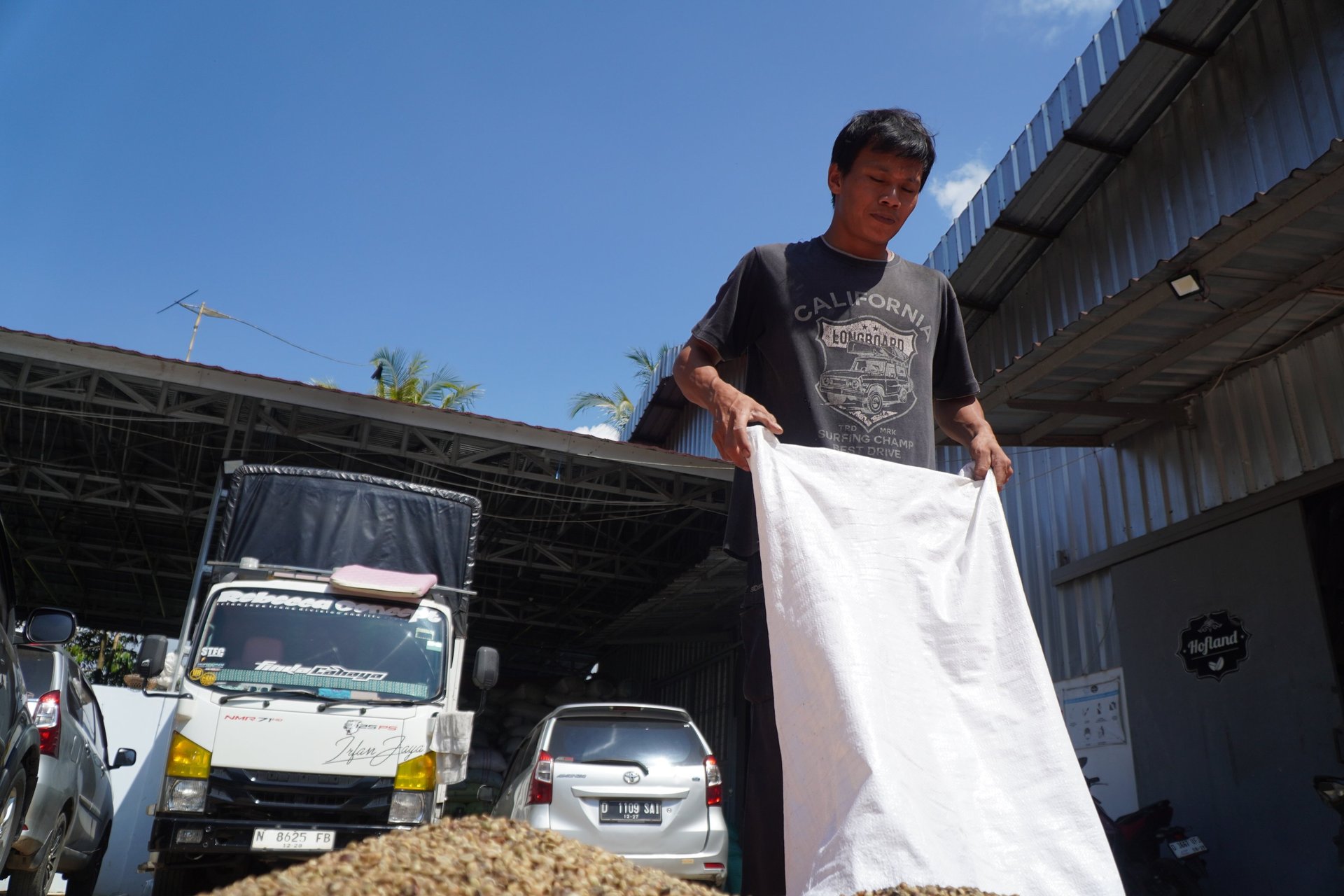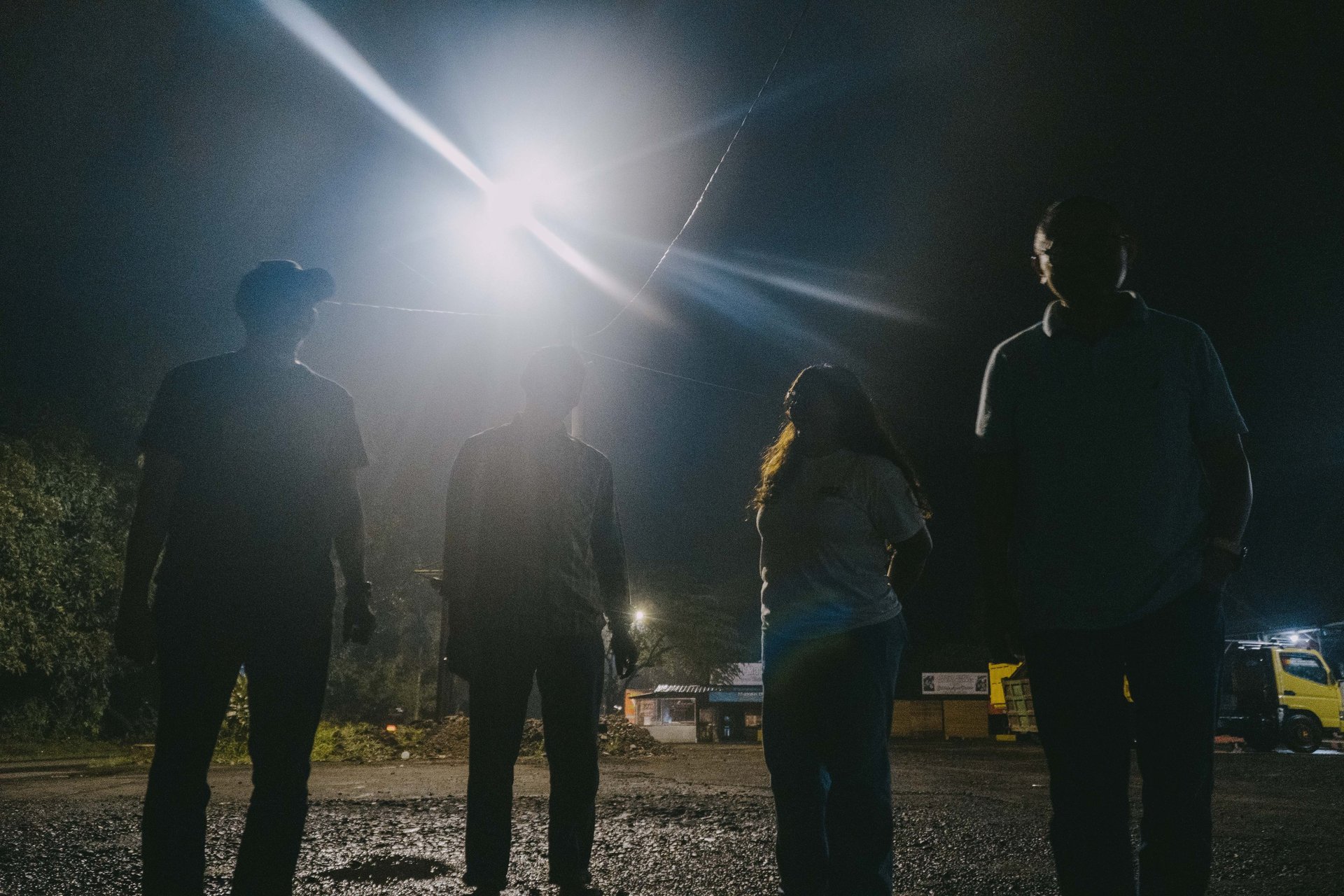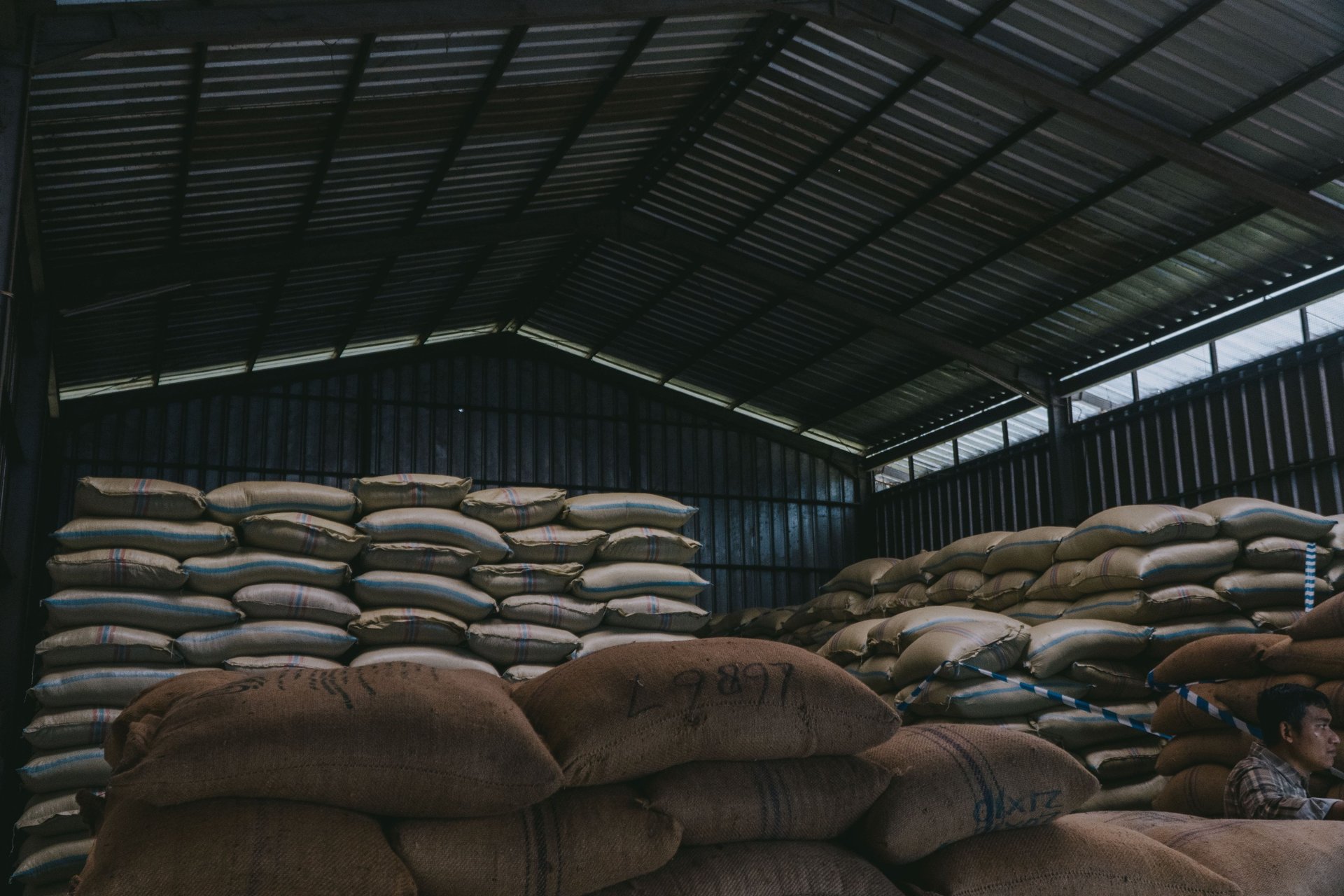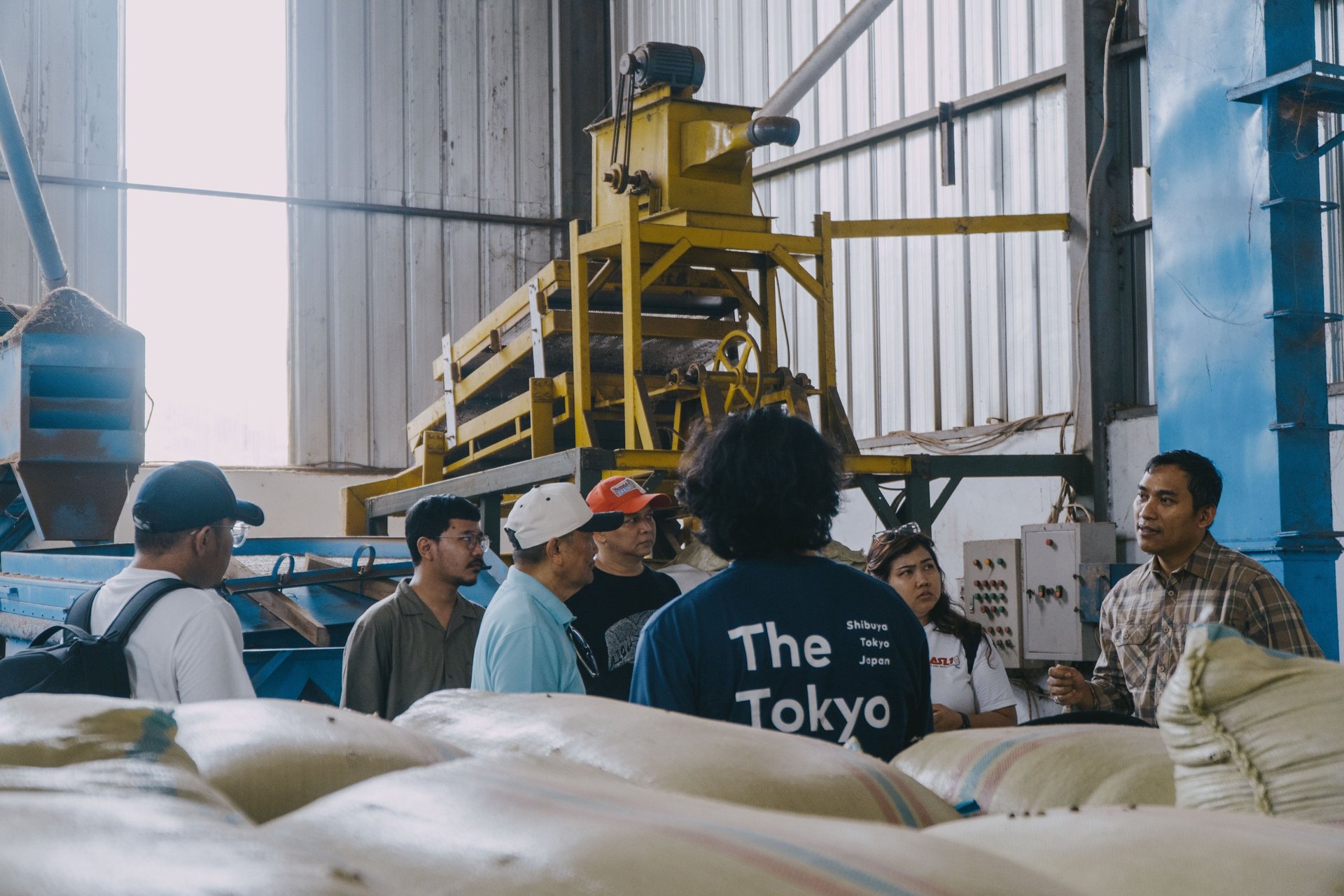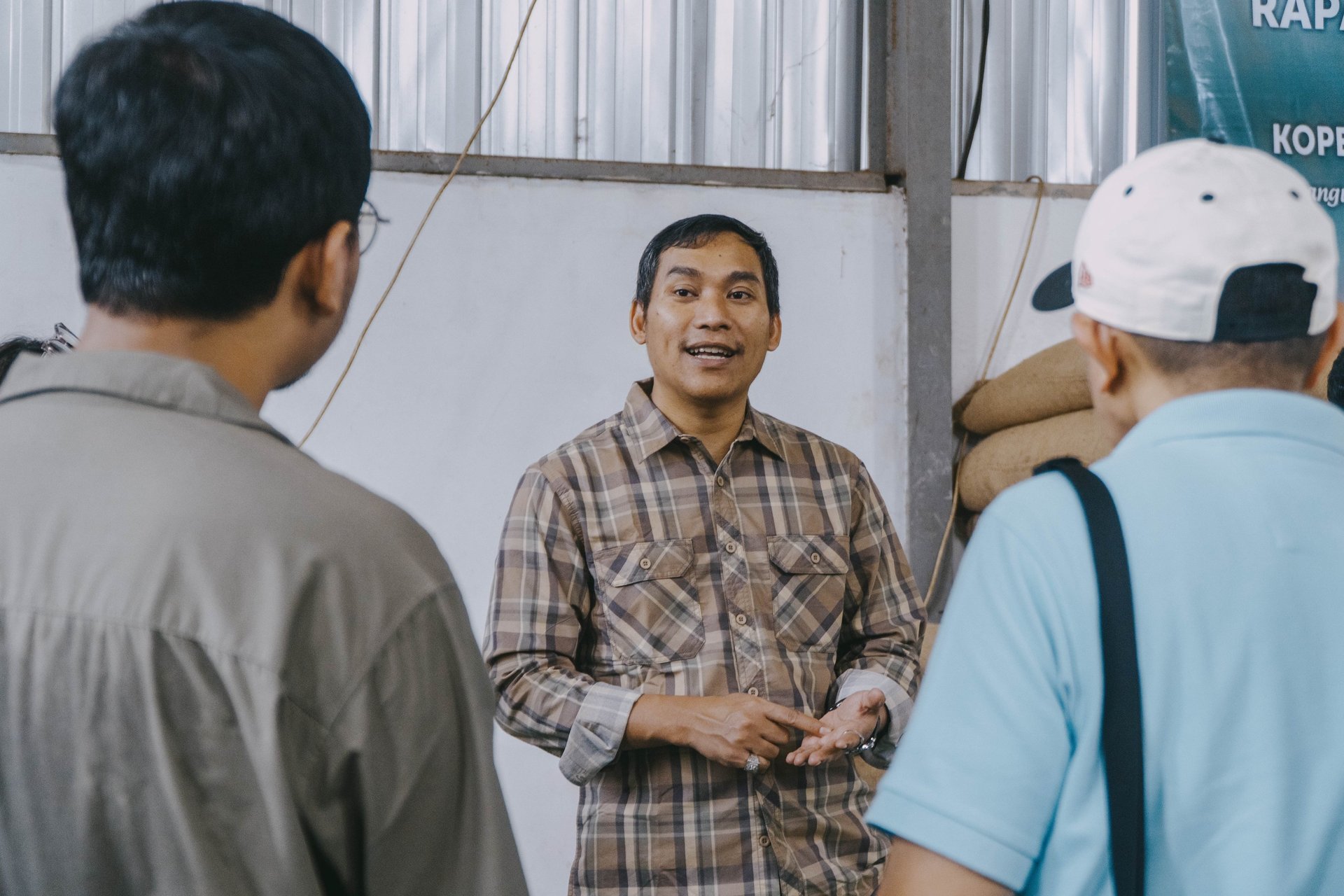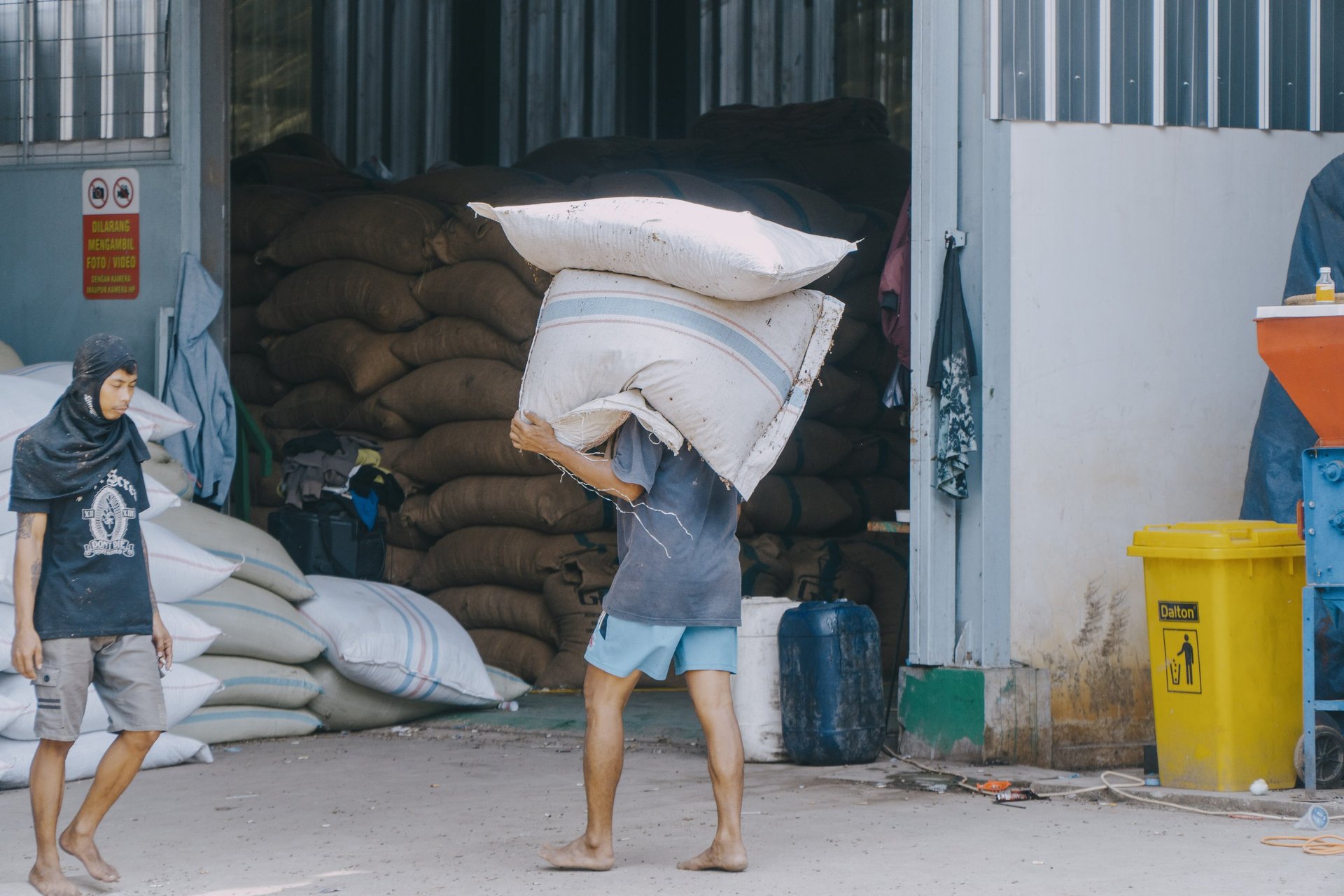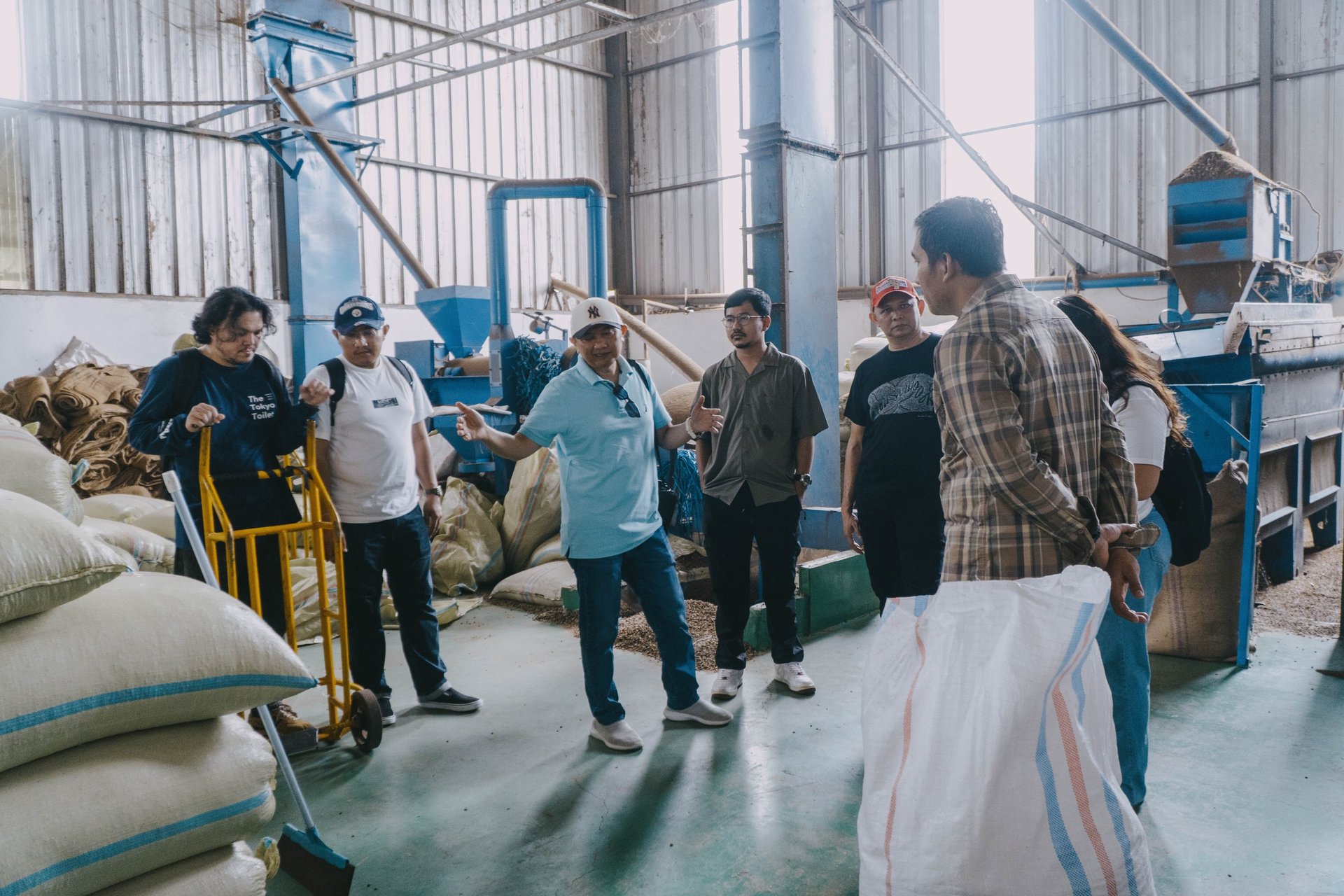Our Coffee Origins
Building on this foundation of social upliftment, Mikhael Rudy launched Kopi Tanah Air Kita in 2015. His vision was to create a local brand that would not only produce high-quality coffee but also serve as a catalyst for national pride and sustainable development. Through meticulous cultivation and a focus on quality, KTIK quickly earned recognition in the Indonesian coffee landscape.
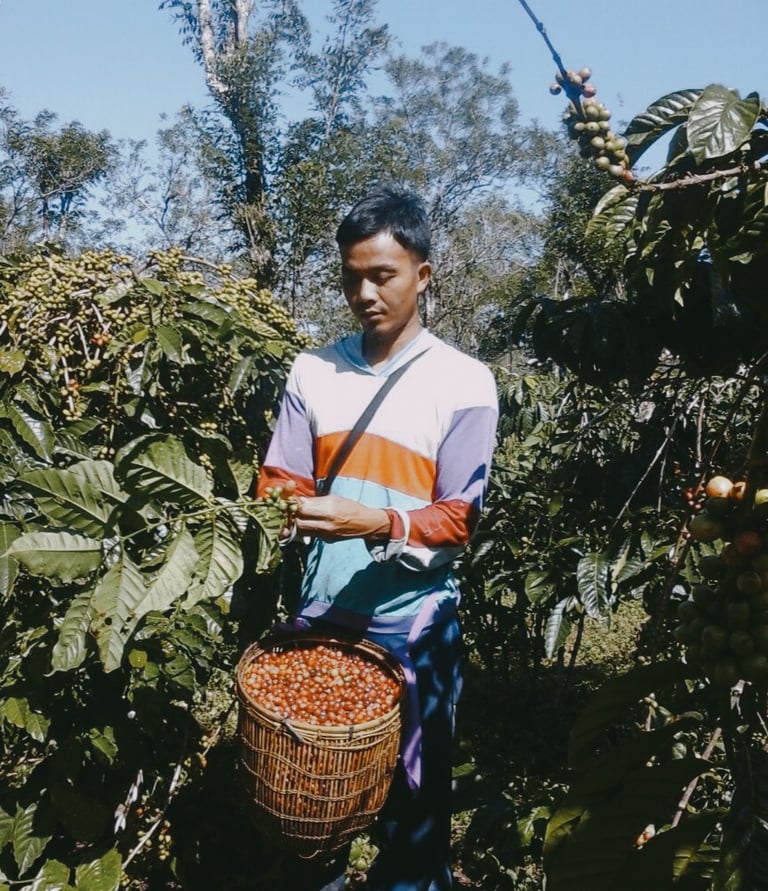

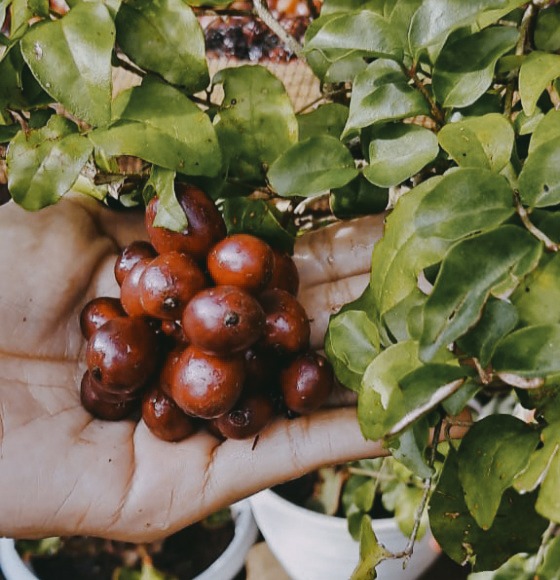

Gembala Baik Coffee
Where Compassion Brews Transformation.
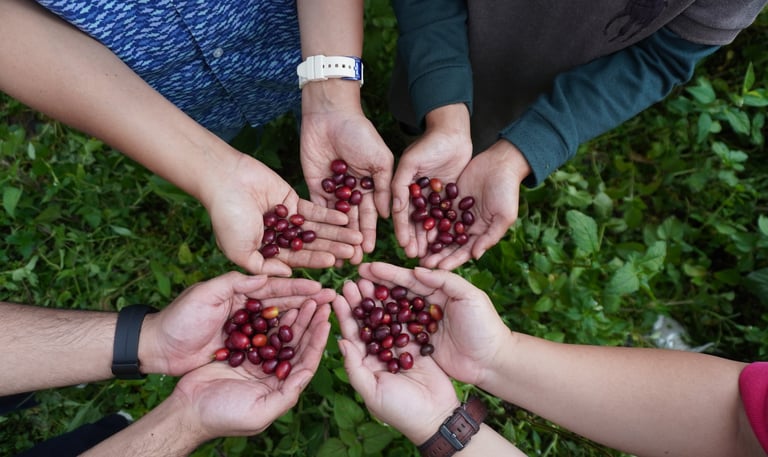

Coffee of Hope
"Beyond coffee, Gembala Baik pours forth a narrative of renewal, transforming lives through resilience, compassion, and hope."
Sustainable, Spiritual, and Communal
The cultivation process is deeply spiritual and communal. Victims often participate in nurturing the plants—planting, watering, and harvesting—which fosters their healing process by restoring a sense of agency, dignity, and belonging. The community involved in Gembala Baik is active in maintaining sustainable and organic farming practices, ensuring that the coffee is not only spiritually meaningful but also environmentally sustainable.
Contributing to National Security and Skill Development
Nestled in the remote hills of Manggarai, Nusa Tenggara Timur, Gembala Baik was cultivated by a Catholic nun committed to social mission and pastoral care. Recognizing the potential to empower victims of trauma and exploitation—particularly women who had fallen prey to human trafficking and domestic violence—the nun dedicated her land to cultivating a special variety of robusta. This initiative aimed to provide victims with a meaningful livelihood and a sense of purpose.
More than a coffee, Gembala Baik is a symbol of compassion, resilience, and spiritual renewal. It reflects an indelible message: that even in the darkest times, hope can be cultivated, and lives can be awakened through dedication and community support. Named after the dedicated nun who cultivated this exceptional robusta, Gembala Baik (“Good Shepherd”) embodies the nurturing spirit that has helped restore dignity to victims of domestic abuse and human trafficking.
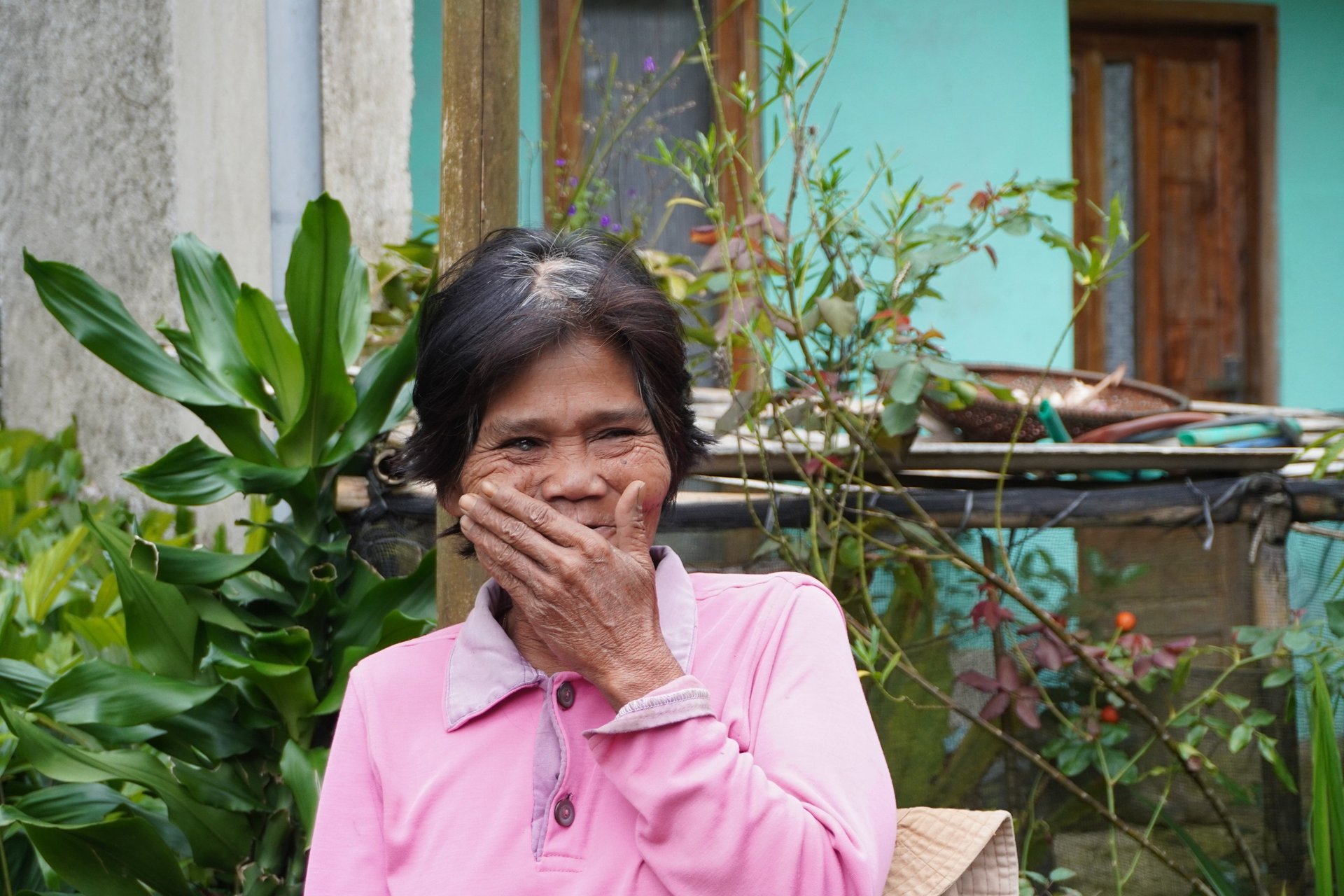
Vision of Change
Gembala Baik embodies Mikhael Rudy’s broader vision of using coffee as a vehicle for social change. The cultivation of this coffee directly impacts the lives of many women and victims of human trafficking, providing them with a source of income, purpose, and hope. The income generated supports community development projects, education, and social reintegration efforts, allowing these women to rebuild their lives with dignity.
Symbol and Legacy
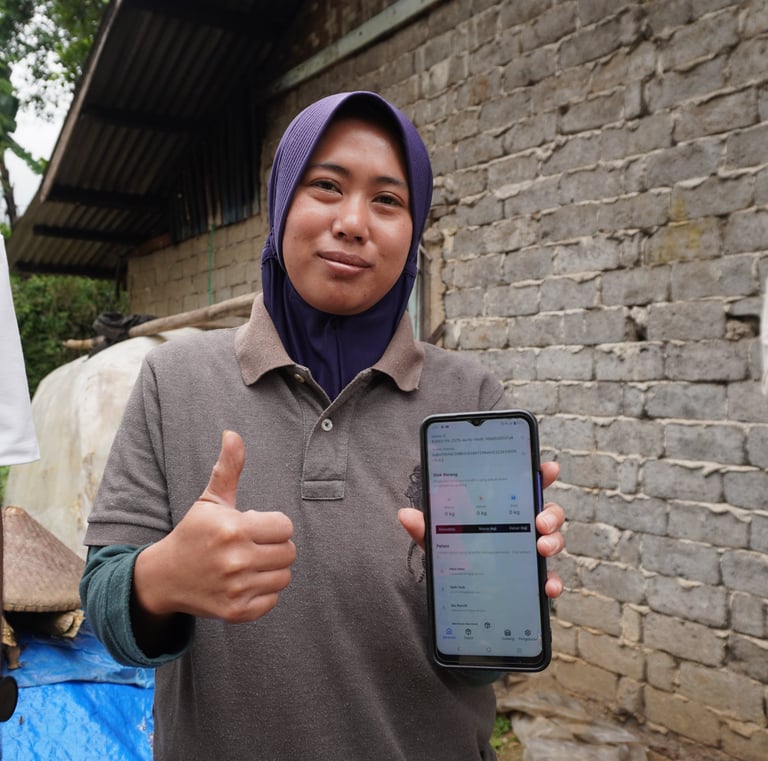

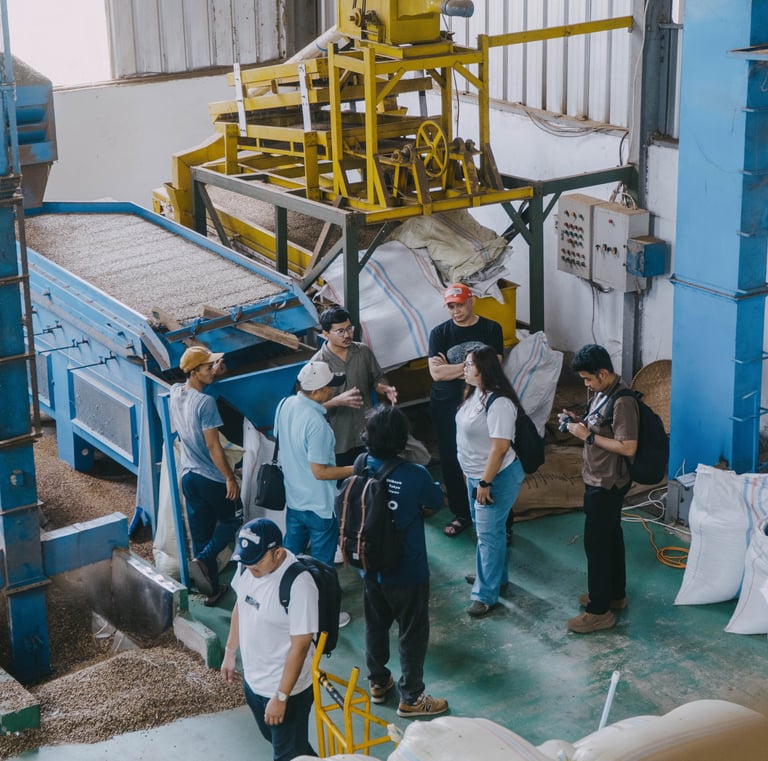



Gembala Baik is our vision's living testament of transforming lives through the sacred art of coffee cultivation—uniting spiritual values, social justice, and culinary excellence into a single, powerful narrative rooted in hope and healing.
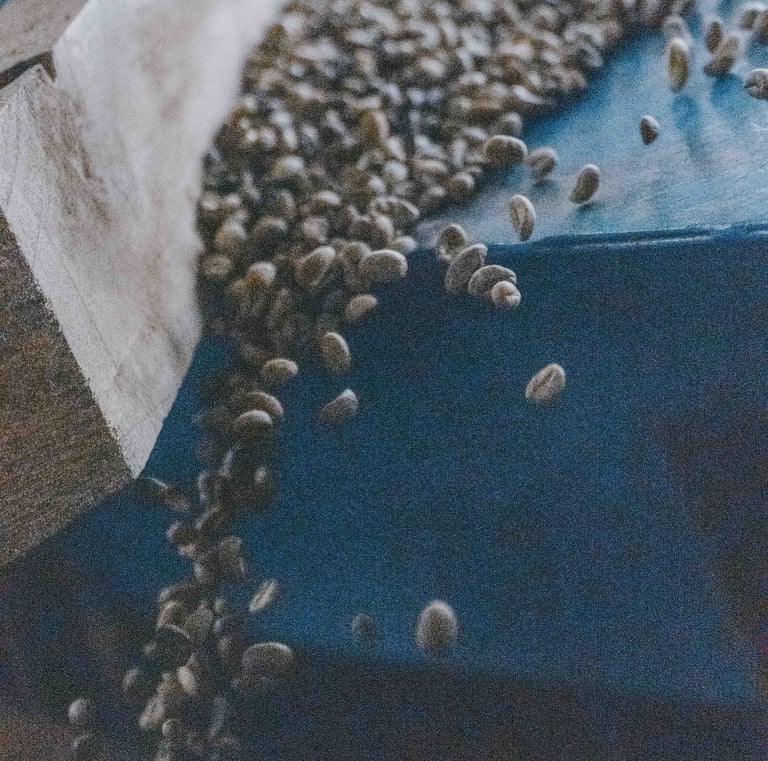

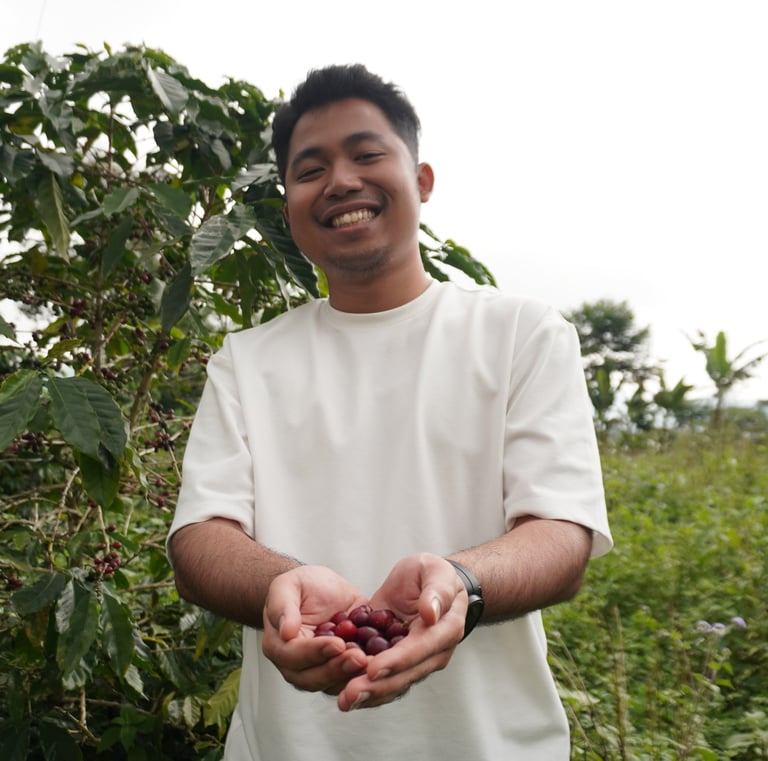

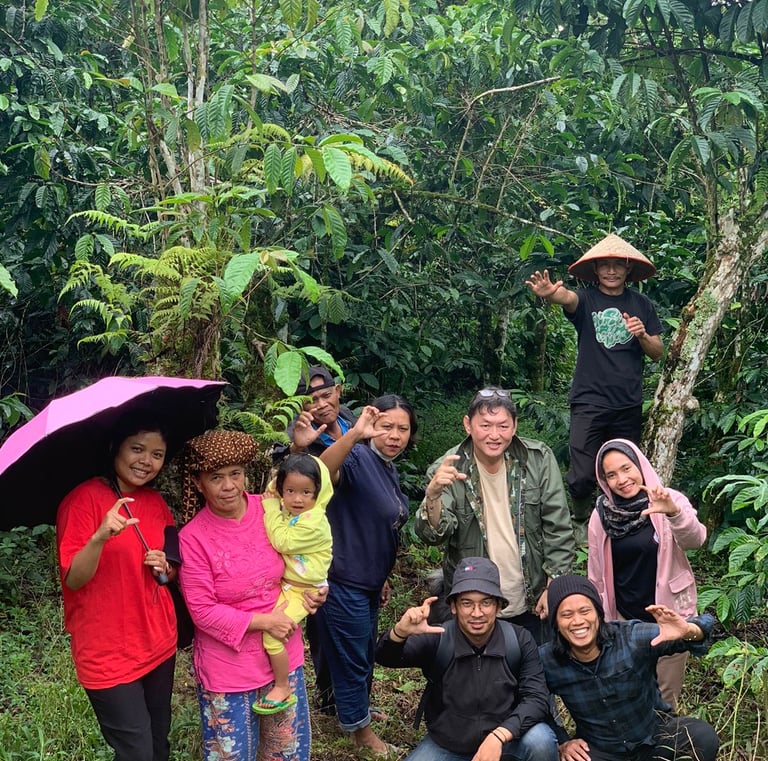

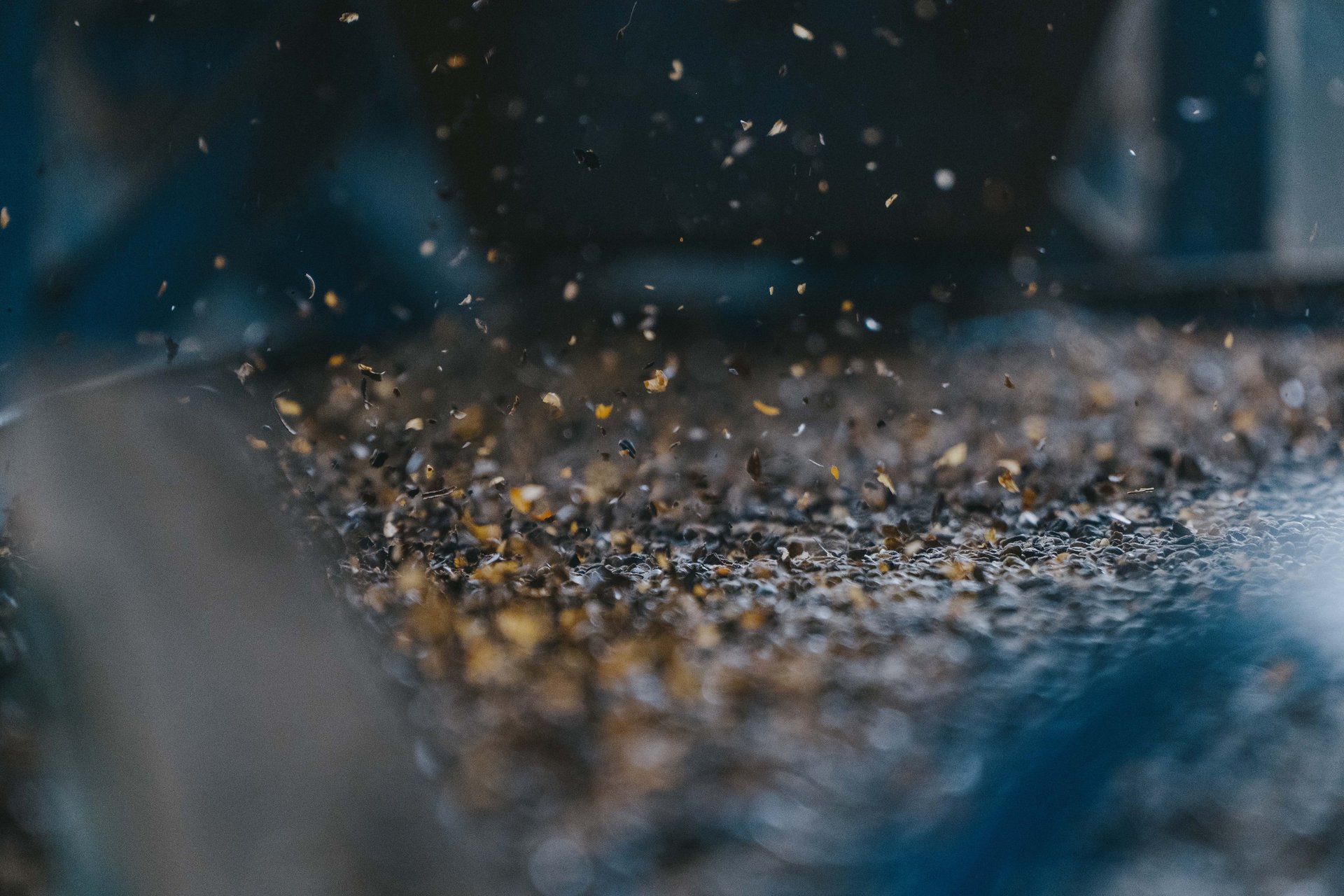
The coffee has garnered recognition within AVPA Paris international competition, bringing global awareness to Indonesia's social enterprise model—where every cup tells a story of overcoming adversity.
Hofland Coffee
The Origin of Indonesian Coffee Heritage
The story begins in 1840, when Peter William Hofland, a Dutch entrepreneur, acquired the vast Pamanoekan and Tjiasem Lands, near what is now the Subang Regency. These extensive freehold properties were granted unique autonomy, allowing Hofland to manage them independently. Unlike many colonial landowners, Hofland was renowned as a charitable figure, notably refusing to implement the oppressive "Cultuurstelsel" (forced cultivation system) on his lands.
This system compelled local farmers to grow specific export crops for the Dutch government, often leading to hardship. Hofland, a proponent of free trade, actively championed new laws that eventually led to the abolition of this system in 1870, significantly benefiting the indigenous population working on his "coffee gardens."
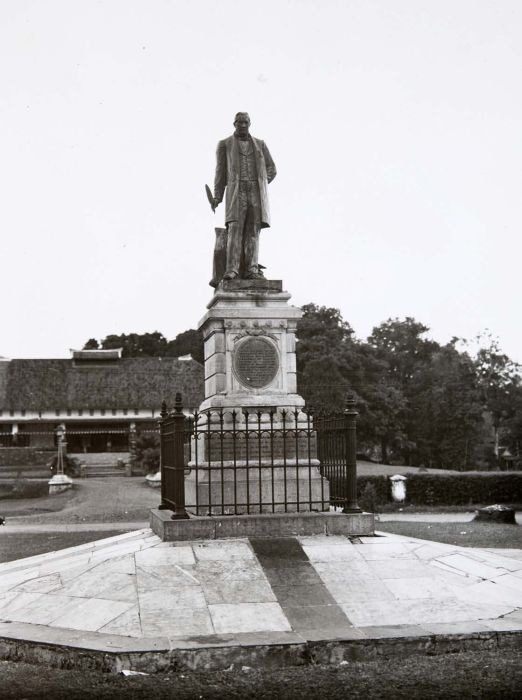

The Rise of Subang Regency
Under Hofland's stewardship, these lands, which would later form the foundation of Subang Regency, became highly productive. While various tropical crops were cultivated, coffee was a significant part of this agricultural endeavor. The fertile soils and favorable climate of Subang proved ideal for coffee, contributing to Java's burgeoning reputation as a major coffee producer on the world stage.
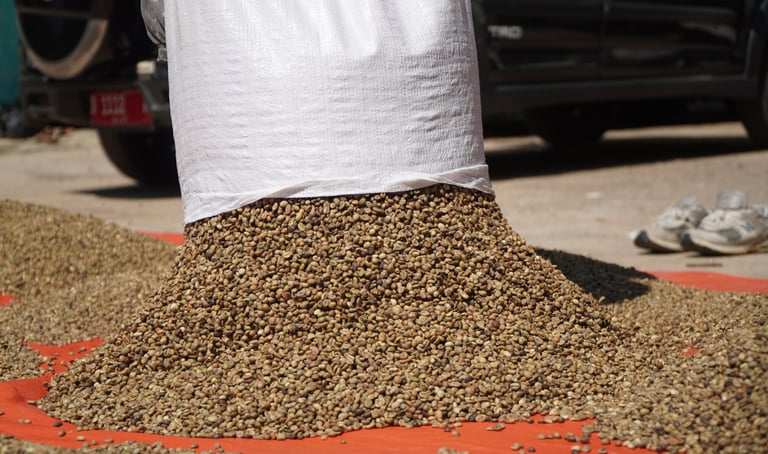

Today, Hofland Coffee stands as a direct descendant of this historical legacy. It embodies not only the rich terroir of Subang but also the values of responsible cultivation and community welfare that Peter William Hofland himself championed.
By savoring Hofland Coffee, you are not just enjoying a premium bean from West Java; you are connecting with a pivotal chapter in Indonesia's coffee history, a testament to a vision that prioritized fair practices and sustainable development over two centuries ago. Each cup is a sip of history, carefully nurtured from the fertile grounds of Subang, echoing the enduring spirit of the land and its people.
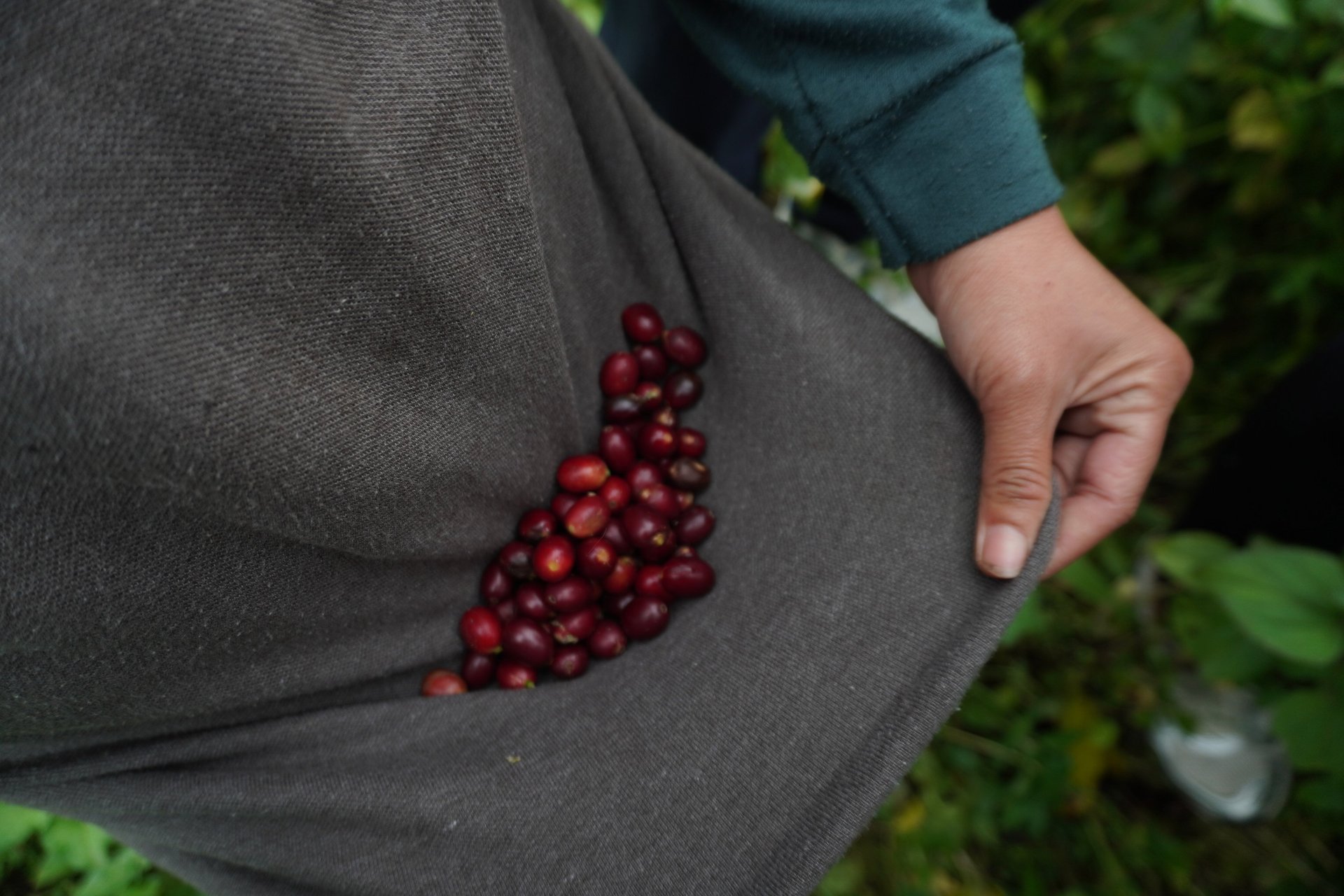
Pagar Alam
Indonesia's Volcanic Bounty
Perched at an elevation of 1400 meters in South Sumatera, Pagar Alam is part of Indonesia’s famous "Ring of Fire" region—a zone known for its intense volcanic activity that shapes the land and its agricultural bounty. This area is renowned for producing some of the finest robusta beans in the world.
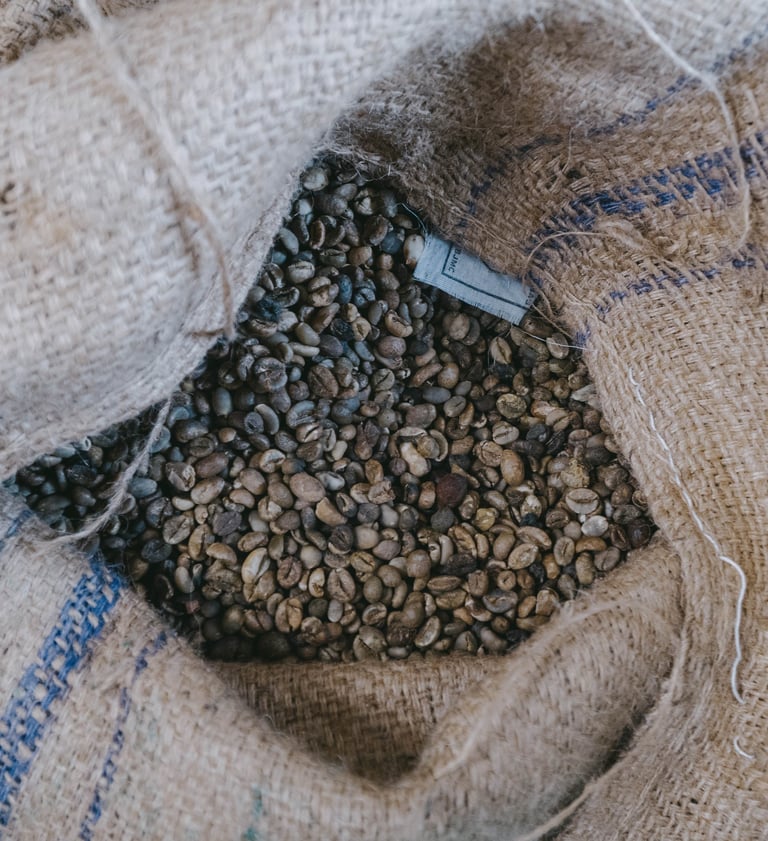

Volcanic Passion for Excellence
Pagar Alam's climate and soil conditions foster a unique flavor profile: a full-bodied, earthy taste with distinctive spicy undertones and natural sweetness. Mikhael Rudy’s dedication involved selecting the best farms within the region and employing innovative cultivation techniques to optimize bean quality at high elevations.
"Ring of Fire Coffee"
A name celebrating its fiery volcanic heritage and signature characteristics.
Exceptional Robusta
Renowned as one of the finest robusta beans in Indonesia, ideal for espresso and blends.
Resilience & Harmony
Thrives in Indonesia's rough terrains, showcasing nature's power and agricultural synergy.


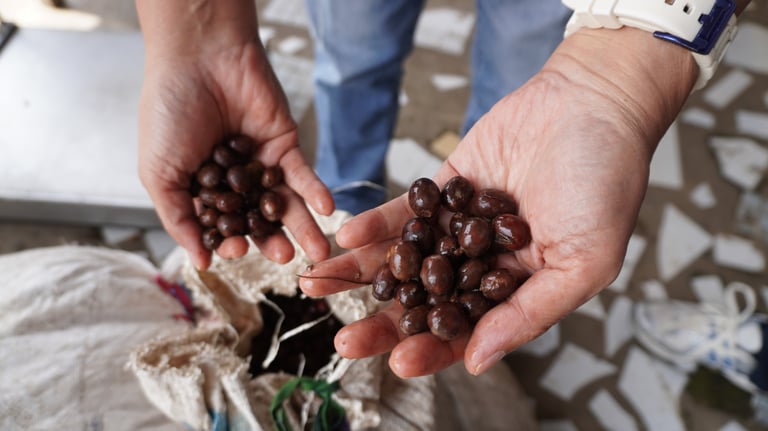

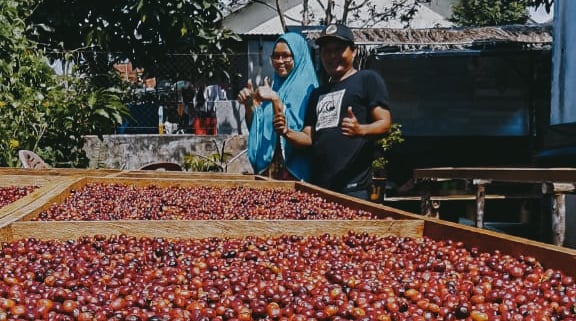

Pagar Alam beans are revered for their robustness and depth, often brewed as traditional espresso or used in specialty blends. They also possess incredible resilience, thriving amidst the volcanic terrain—a testament to nature’s power and the harmony between environment and agriculture.
The Flavor of Resilience
Sidikalang
Treasure of the High Plains
Sidikalang is the pinnacle of our coffee cultivation efforts—an ultra-premium robusta grown exclusively at 1500 meters altitude in the Sidi Kalang area. This highland terroir, with its cool temperatures and mineral-rich volcanic soil, produces beans with unparalleled complexity and richness.
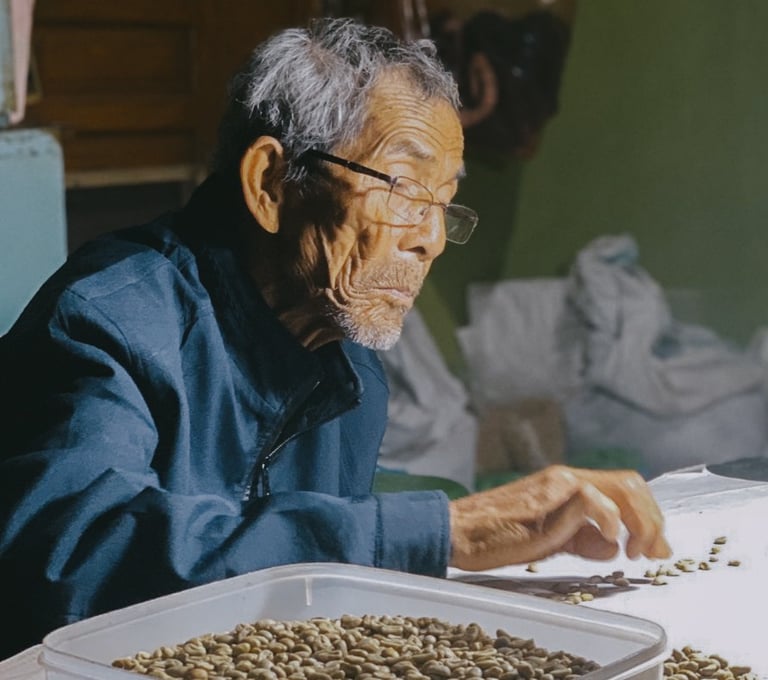

"Sidikalang transcends altitude, proving that true richness and complexity emerge from the rarest, most nurtured terrains."
Mikhael Rudy invested heavily in precision farming techniques—meticulous pruning, controlled fermentation, and selective harvesting to bring out the best expressions of this unique bean.
He dreams of elevating Sidikalang into Indonesia’s flagship specialty robusta, challenging stereotypes about robusta coffee and proving that Indonesian robusta can stand confidently beside elite Arabica varieties. The success of Sidikalang at international competitions has elevated Indonesia’s reputation further, securing this coffee's status as a true treasure of the archipelago.
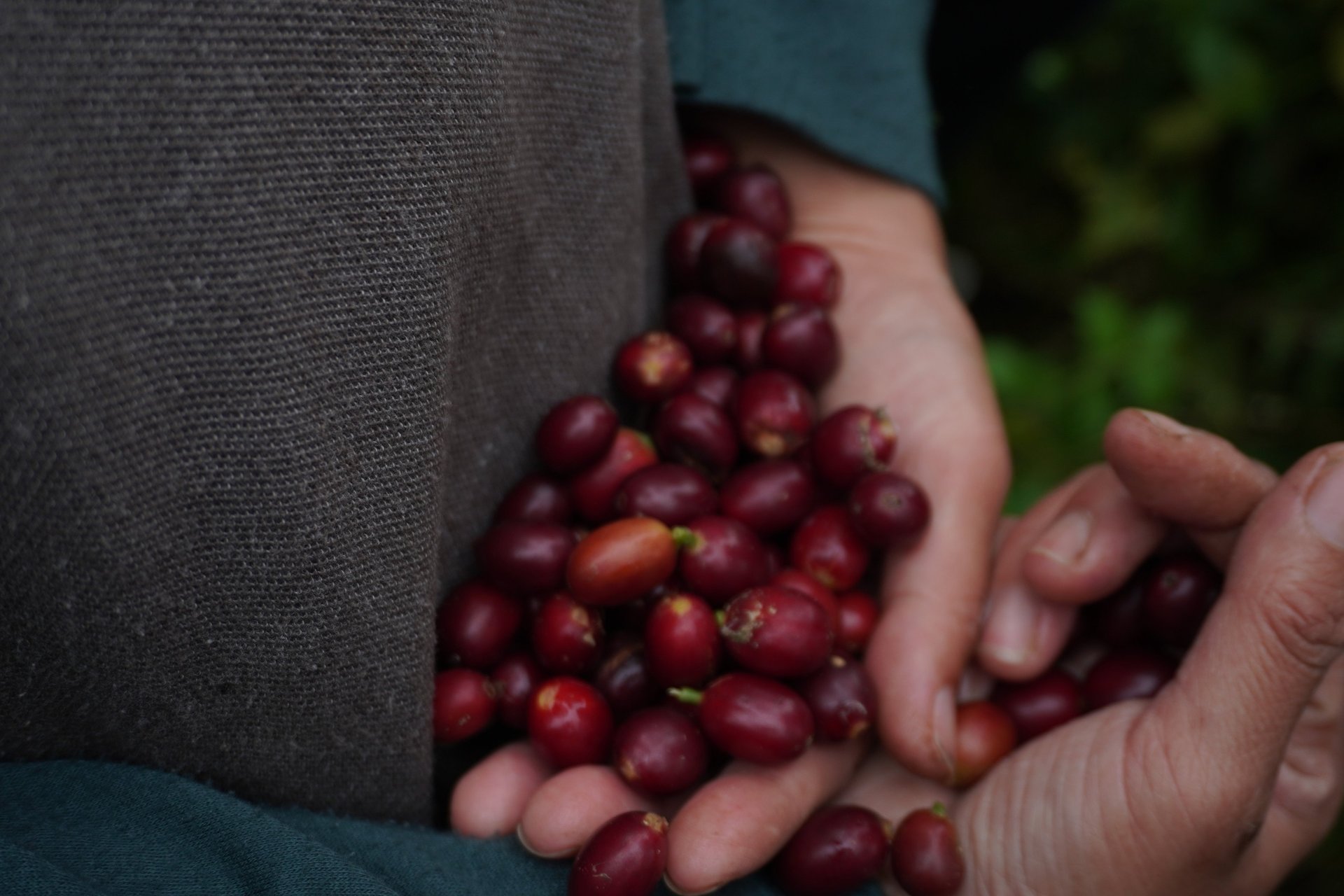
Fine Robusta
Known as “Fine Robusta,” Sidikalang is celebrated for its multi-layered flavor profile: a delicate balance of fruity acidity, floral notes, and a deep, syrupy body. Its remarkable, nuanced taste makes it a favorite among baristas aiming for the ideal "single origin espresso."
Kepahiang: Cup of Royalty
Kepahiang Coffee’s roots trace back to the early 1900s during Indonesia’s colonial period when Dutch colonists introduced coffee cultivation in Bengkulu Province. In particular, the Kepahiang region became renowned for its lush, volcanic soils and favorable climate, creating an ideal environment for high-quality coffee.
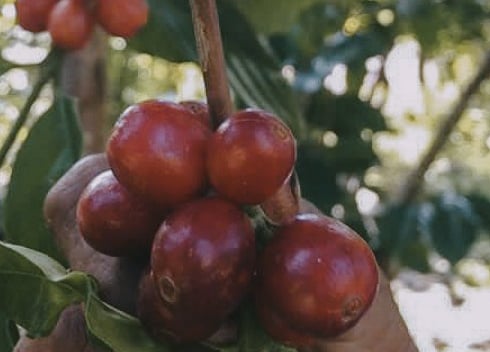

Historical Affection
The Dutch Queen’s affection for Kepahiang Coffee during the early 20th century helped elevate its reputation, making it a sought-after delicacy among European aristocracy.
Over generations, local farmers refined their cultivation techniques, blending traditional methods with innovations to produce beans that boasted a balanced profile of brightness and smoothness.
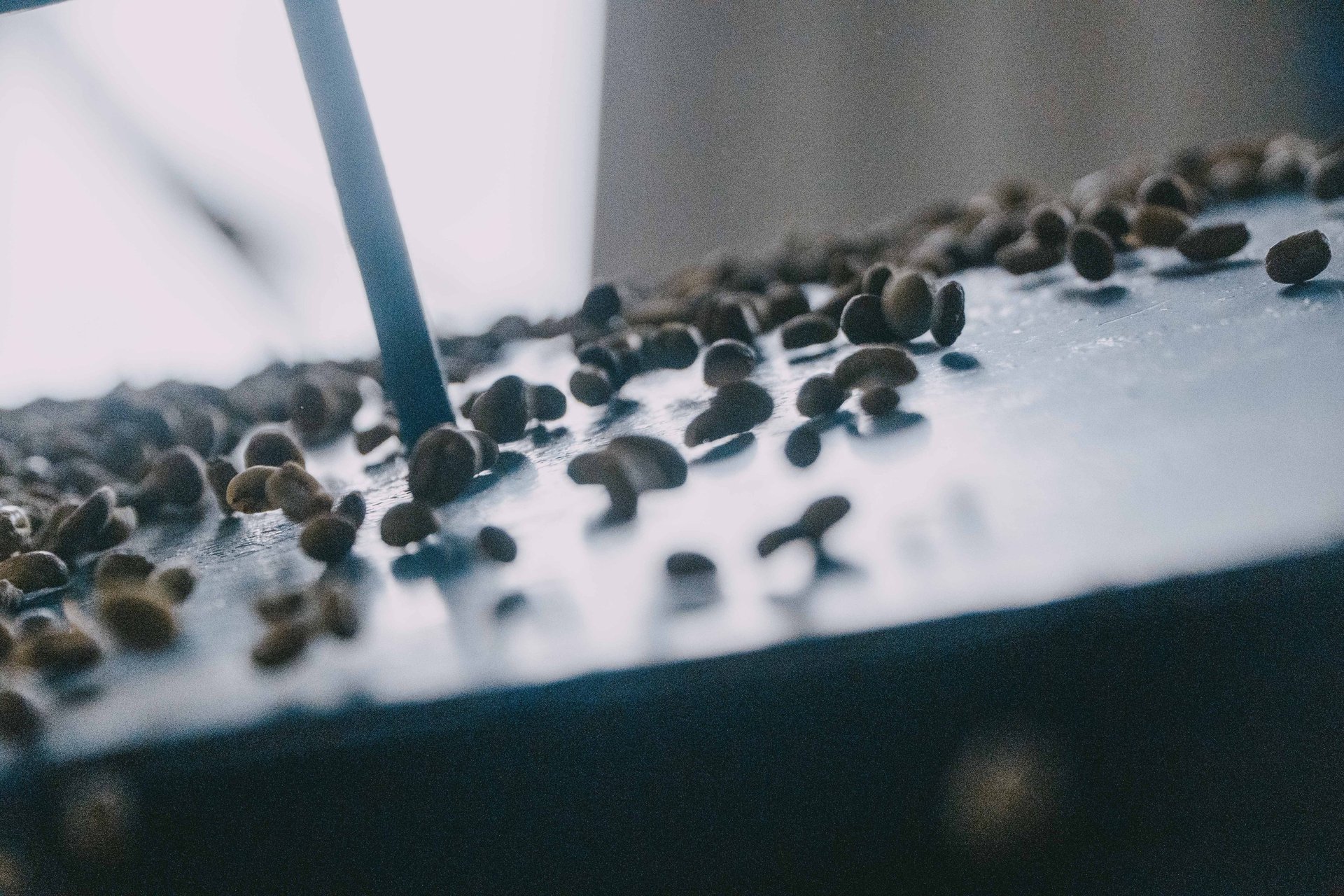
The Revitalization
Fascinated by this historic legacy, we sought to revive and modernize Kepahiang Coffee. Our efforts focused on sustainable cultivation practices, preserving the region’s unique flavor profile, and showcasing the beans on international stages. Today, Kepahiang Coffee symbolizes Indonesia’s rich colonial history and ongoing excellence in coffee craftsmanship, inspiring pride among local communities and coffee lovers worldwide.
Papaku Manggarai
Generational Treasure
Nestled among the volcanic mountains of Wae Ri’i in Nusa Tenggara Timur, Papaku Manggarai is a robusta variety deeply influenced by the region’s geothermal activity and mineral-rich soil.
The name "Papaku" means 'ancestor' or 'origin' in the local language, representing the deep cultural roots and tradition of coffee cultivation passed down through generations.

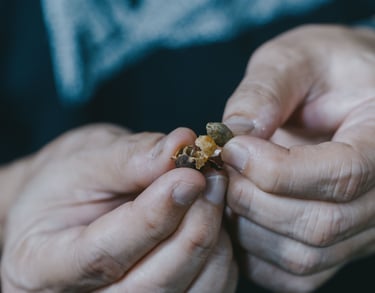
The Journey
Our journey with Papaku Manggarai began when our farmers planted these robusta beans to uplift local communities. The villagers of Wae Ri’i, historically reliant on subsistence farming, found new hope through coffee cultivation. We introduced improved agronomic practices, helping farmers achieve more consistent yields and higher cup quality.
This robusta is characterized by its bold, earthy flavor with hints of chocolate and roasted nuts, making it favored by baristas and connoisseurs globally. Its cultivation on volcanic slopes imparts a rich mineral profile that enhances its robustness.
